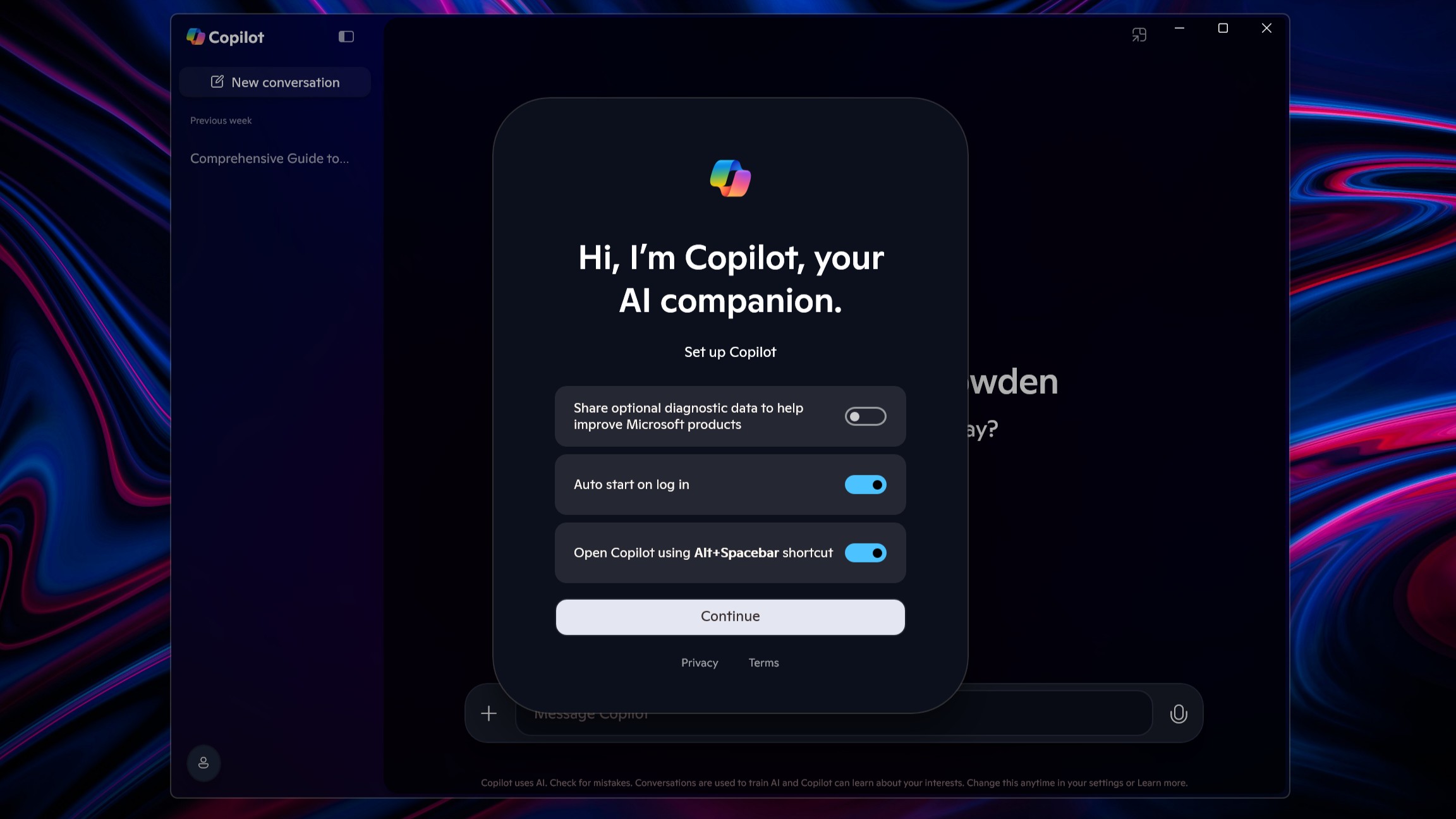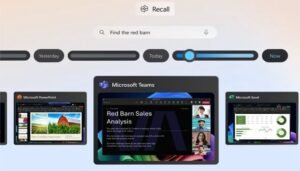Microsoft’s Copilot May Be Targeting the Wrong Audience

The Evolution of Microsoft Copilot
Introduction to Copilot
Microsoft’s Copilot has undergone a complex journey since it was first introduced as Bing Chat in 2023. Initially, it captured significant attention in the tech world due to its advanced capabilities and real-time internet access, positioning it as a solid alternative to ChatGPT. This early success was driven by a robust functionality that allowed users to receive more current and relevant responses—an innovation that distinguished it from its contemporaries.
A Shifting Vision
However, Microsoft’s approach to Copilot has been marked by frequent changes and a lack of consistent direction. Over the years, it has experienced multiple redesigns and feature modifications. For instance, it started as a highly extensible platform that integrated third-party plugins, enabling users to access various apps and manage system settings directly.
Original Features of Copilot:
- Integration with Third-party Applications: Users could extend Copilot’s functionalities, making it a versatile ally.
- System Management: Capable of adjusting settings like Bluetooth and Dark Mode upon request.
- Adaptive Conversation Styles: Users could choose the tone and depth of responses, particularly useful for technical queries.
As time went on, many of these features were either scaled back or eliminated, indicating a strategic pivot by Microsoft. The goal seemed to shift from catering to tech-savvy users to appealing to a broader audience—essentially crafting an “AI friend” rather than a dedicated tool.
Transition Under New Leadership
This repositioning gained momentum following the appointment of Mustafa Suleyman as the head of AI at Microsoft. The messaging around Copilot transformed, with a strong emphasis on its role as a personal assistant that could engage users in discussions about daily life, emotions, and relationships.
Despite these marketing efforts, many users experienced a decline in quality, noting that Copilot’s responses became less detailed and technical over time. This led some power users to migrate to alternatives like ChatGPT, which still provide more in-depth responses.
User Feedback on Copilot:
- Diminished Response Quality: Users reported less valuable insights compared to earlier versions.
- Competition with Established AI: Many users preferred alternatives like ChatGPT for in-depth discussions.
To address concerns over its functionality, Microsoft introduced a “Think Deeper” mode, aiming to enhance the quality of Copilot’s responses. Nevertheless, the general sentiment among users seems to favor competitors that offer richer, more meaningful content.
Copilot’s Unique Features
Even though Copilot’s initial advantages have diminished, it still boasts several unique features that can set it apart. For instance, its capabilities within the Windows and Edge ecosystem allow it to provide context-specific suggestions or tutorials while users work.
Notable Features of Copilot:
- Copilot Vision: Offers screen vision to assist users more proactively.
- Memories Feature: Allows Copilot to recognize users and remember details from previous interactions.
While other AI platforms are also venturing into similar areas, Copilot often leads the way in introducing these features.
The Path Forward
Despite its unique offerings, many users question the direction Microsoft is taking with Copilot. Some believe that society is not ready for the concept of an “AI friend” that engages in personal conversations. Instead, the preference seems to lean toward a more functional AI tool that operates seamlessly in the background.
The ideal vision for Copilot would see it integrating fluidly into the Windows operating system, rendering it more invisible and intuitive. Users would desire a system where Copilot anticipates their needs without overt interaction.
Future Potential
Microsoft’s position in the market serves as an advantage, especially as competitors like OpenAI lack a comprehensive operating system. The potential for Copilot to evolve into an essential, ubiquitous tool within Windows remains high, and that could ultimately be the key to its long-term success. With the right focus and execution, Copilot could redefine how users engage with AI technology, transforming from a visible app to a vital part of daily digital interactions.






